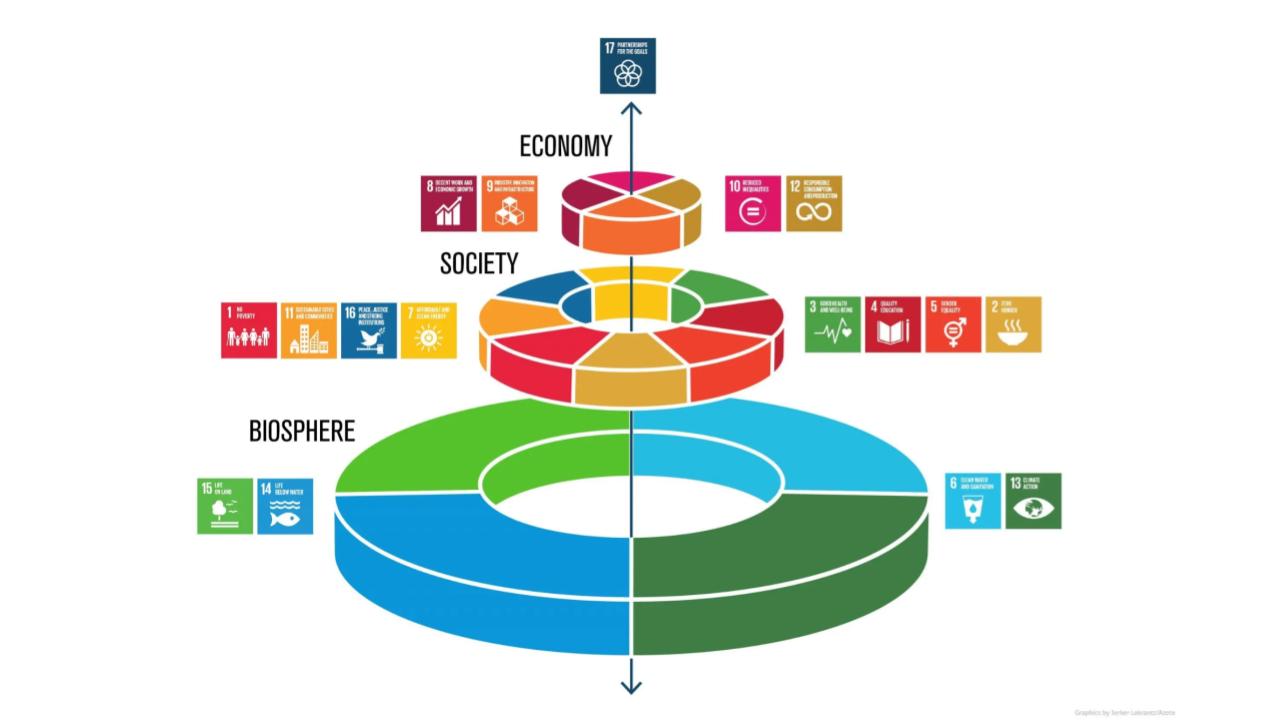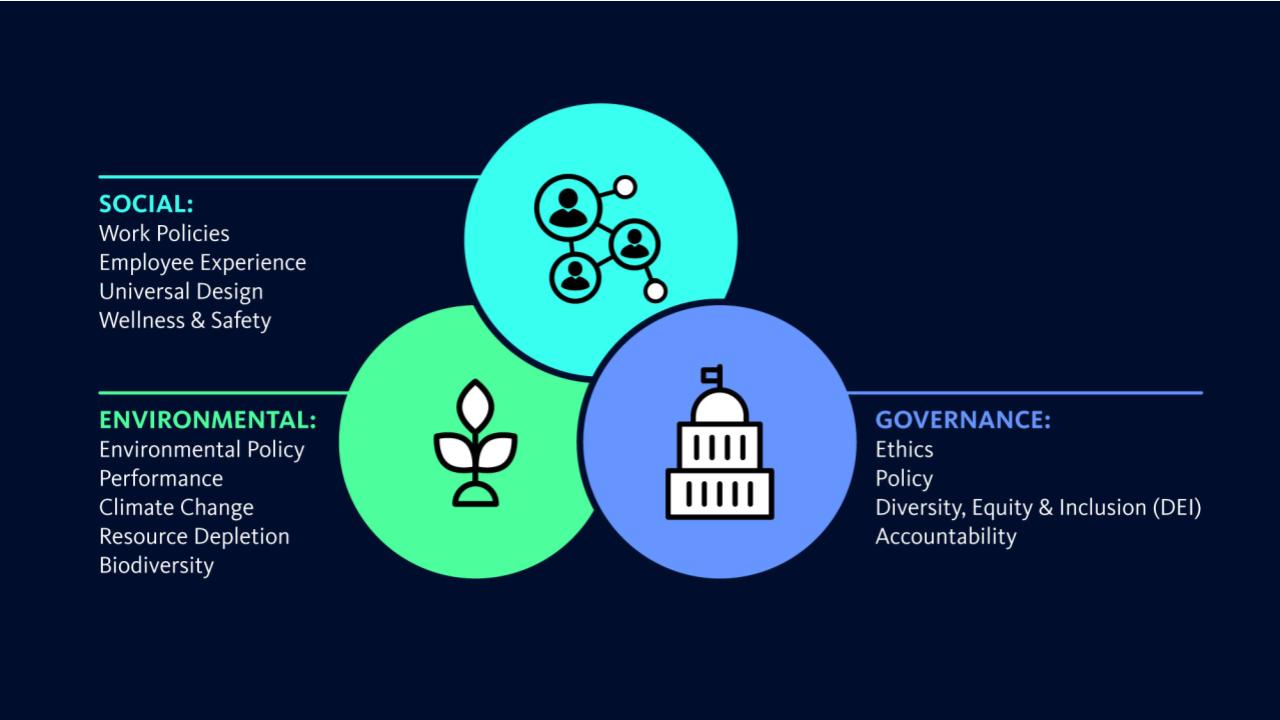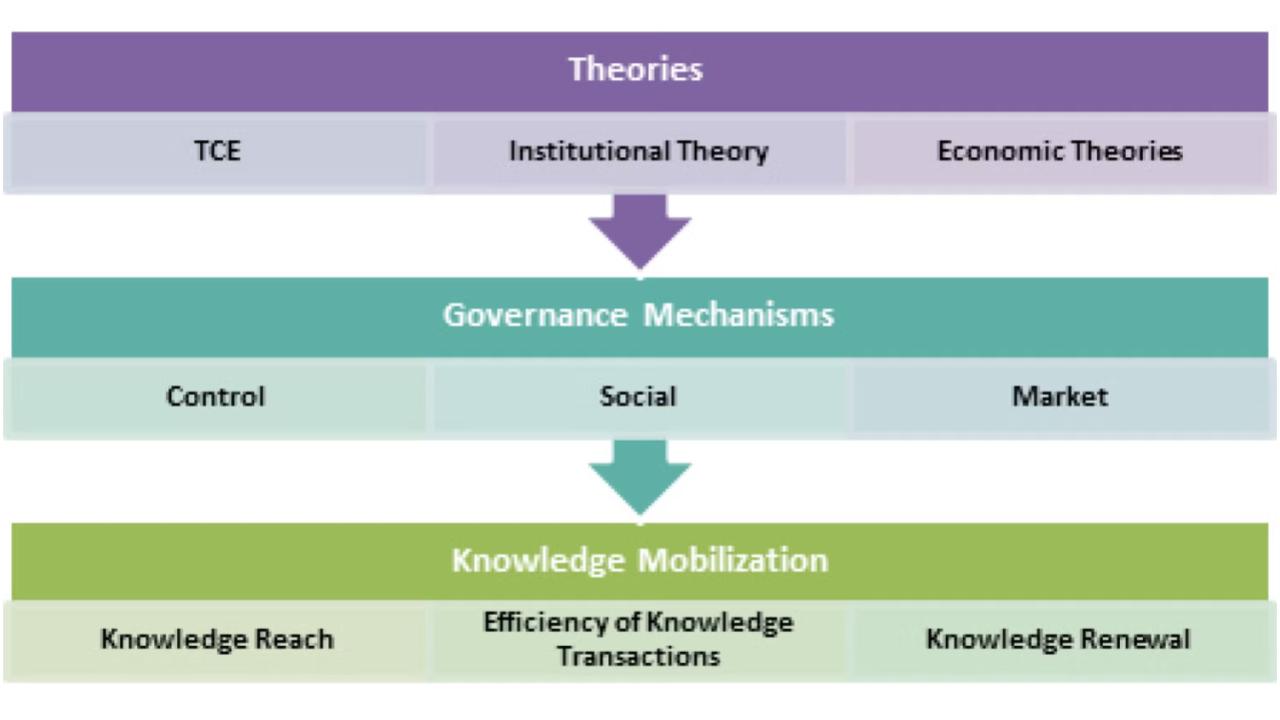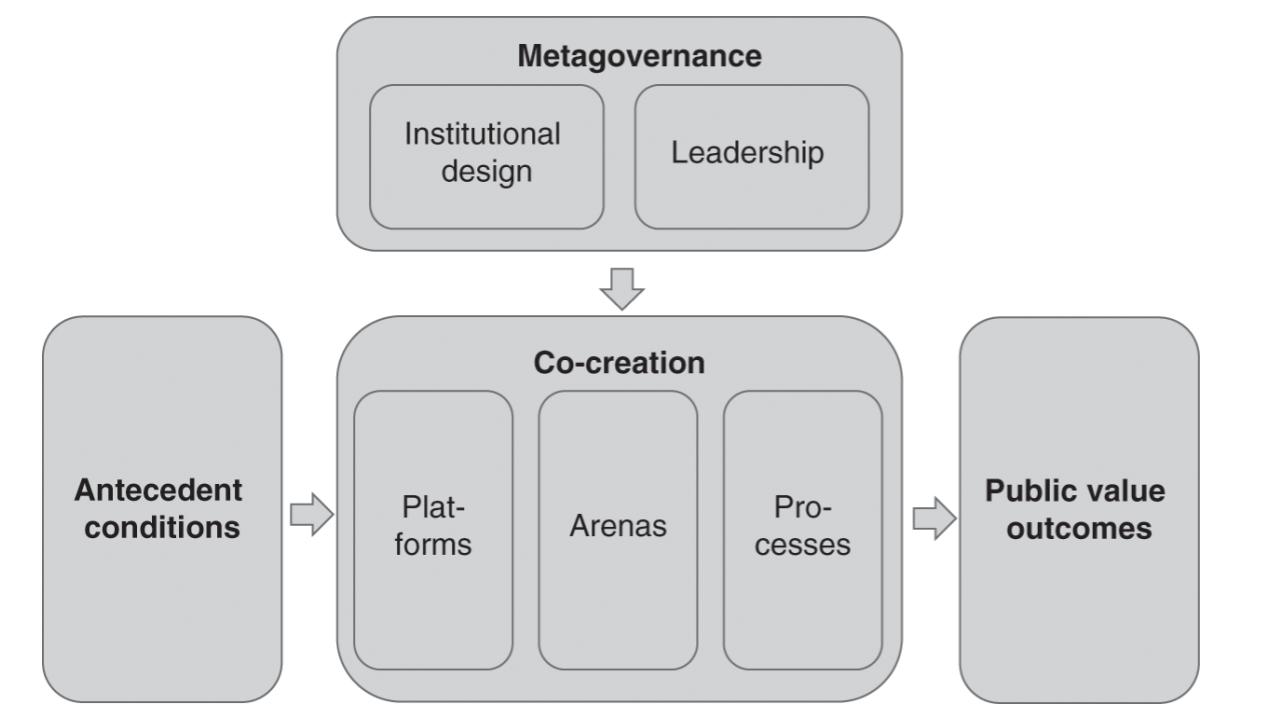New designs for sustainability governance focus on creating institutional mechanisms to embed long-term thinking, foster integrative approaches across sectors and levels, and utilize new tools like digital twins and goal-based frameworks.
Key innovations include independent future generations commissioners, cross-functional corporate committees, and goal-based private governance that measures progress against self-defined targets, moving beyond simple regulatory compliance. These approaches emphasize complexity, participation, and adaptability to address systemic challenges and guide societies toward sustainable outcomes.
Source: Gemini AI Overview 8/26/25









